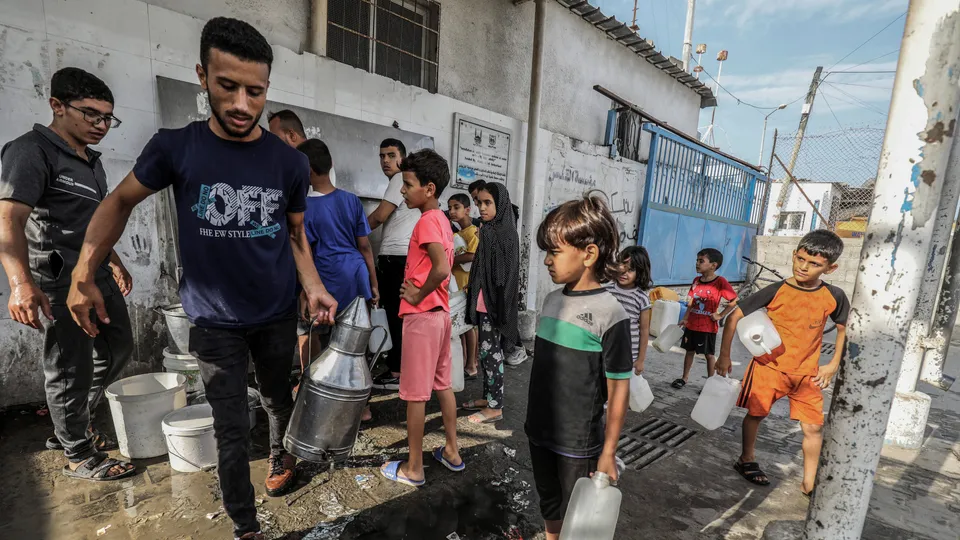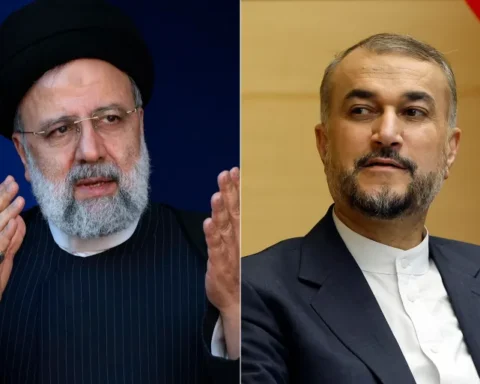Israel wants to cut off the supply of electricity, water, medicine to the Gaza Strip. What does international law say about this approach?
In an interview with SPIEGEL, lawyer Matthias Hartwig explains that international war law mandates a clear distinction between combatants and non-combatants, with civilians expressly excluded from acts of war. While “collateral damage” is permissible under specific circumstances, actions must always remain proportional. No international court has definitively ruled on the proportionality of blockades, making legal sanctions difficult. Hartwig notes that the International Court of Justice can only take jurisdiction if both parties agree to it. Israel has not agreed, and Gaza is not universally recognized as a state. He stresses that even without court rulings, the UN Human Rights Council can qualify actions as contrary to international law. If a blockade leads to long-term suffering, like starvation, then it could cross the line of proportionality.
Hartwig warns against the West’s development of double standards, citing its silence on Israel’s actions compared to its earlier condemnations of Russia’s actions in Ukraine. Finally, he suggests that measures violating international law could potentially be tried as war crimes under the Rome Statute, though Israel has not recognized this treaty.
The entire article can be read at the link https://www.spiegel.de/panorama/israel-und-der-gazastreifen-ich-war-ueberrascht-wie-still-sich-der-westen-verhalten-hat-a-85994fd5-b338-4a3e-be7b-ef567cb672dd










